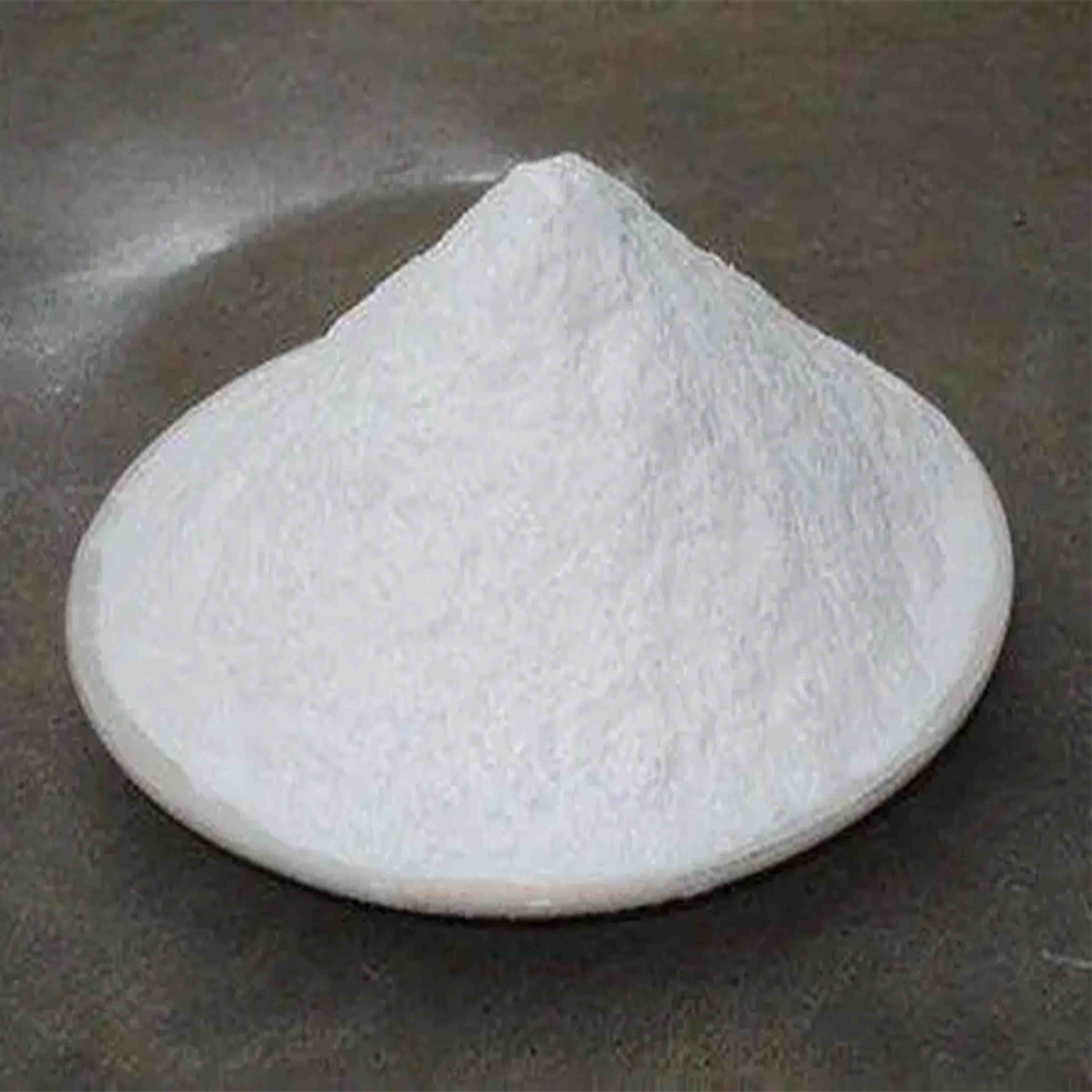
Dec . 05, 2024 01:19 Back to list
titanium dioxide medicinal uses
Titanium Dioxide Medicinal Uses and Applications
Titanium dioxide (TiO2) is a naturally occurring oxide of titanium that has gained significant attention in various fields due to its unique properties, including excellent photostability, UV protection, and non-toxicity. While primarily recognized for its use in paint, coatings, and food products as a whitening agent, titanium dioxide has shown promising medicinal applications, particularly in the fields of dermatology and pharmacology. This article aims to explore the medicinal uses of titanium dioxide and its potential benefits in healthcare.
1. Titanium Dioxide in Dermatology
One of the most well-known medicinal uses of titanium dioxide lies in the field of dermatology, particularly as a key ingredient in sunscreens. Due to its ability to reflect and scatter UV light, titanium dioxide serves as a physical sunscreen agent, providing effective protection against harmful ultraviolet radiation that can lead to skin damage, sunburn, and increased risk of skin cancer. Unlike chemical sunscreen ingredients, which can penetrate the skin, titanium dioxide remains on the surface, reducing the risk of skin irritation and allergic reactions. This makes it an ideal choice for sensitive skin types, including infants and individuals with conditions like eczema.
Moreover, titanium dioxide has been explored for its potential in treating acne. Research indicates that formulations containing titanium dioxide may have antibacterial properties when exposed to UV light, helping to reduce the proliferation of acne-causing bacteria. Additionally, its role as a photosensitizer in conjunction with topical medications could enhance the efficacy of certain acne treatments.
2. Titanium Dioxide in Drug Delivery Systems
Beyond its applications in dermatology, titanium dioxide has garnered interest in the field of drug delivery systems. Its biocompatibility and ability to be combined with various drugs make it an attractive material for formulating nanoparticles aimed at targeted drug delivery. Researchers are investigating its potential to enhance the bioavailability of poorly soluble drugs when used as a carrier. Titanium dioxide nanoparticles can encapsulate therapeutic agents, facilitating their delivery to specific sites in the body, thus improving therapeutic outcomes and minimizing side effects.
Additionally, titanium dioxide has been encapsulated in hydrogels for use in localized drug delivery
. This approach allows for sustained release of medications directly at the site of action, enhancing treatment efficacy, particularly in conditions like chronic pain or localized infections.titanium dioxide medicinal uses

3. Titanium Dioxide as an Antimicrobial Agent
Another significant medicinal application of titanium dioxide is its potential as an antimicrobial agent. Research has demonstrated that titanium dioxide exhibits photocatalytic properties that allow it to generate reactive oxygen species (ROS) when exposed to UV light. This process can effectively inactivate a wide range of pathogens, including bacteria, viruses, and fungi. As a result, titanium dioxide has found applications in sterilization and infection control, particularly in healthcare settings.
The incorporation of titanium dioxide into surfaces, coatings, and wound dressings has shown promise in preventing the growth of harmful microorganisms, thereby reducing the risk of infections. Hospitals and medical facilities have started utilizing titanium dioxide coatings on surfaces to maintain cleanliness and hygiene.
4. Safety and Regulatory Considerations
While titanium dioxide is generally regarded as safe for use in various applications, including medicinal uses, regulatory scrutiny has increased regarding its inhalation risks, particularly in its nanoparticle form. Studies suggest a need for cautious handling of titanium dioxide in powder form within industrial settings due to potential respiratory concerns. However, when used in topical formulations (such as sunscreens and dermatological creams), titanium dioxide is considered safe and effective.
Conclusion
In conclusion, titanium dioxide holds significant promise in the realm of medicinal applications, particularly in dermatology and drug delivery systems. Its effectiveness in protecting skin from harmful UV radiation, potential as an antimicrobial agent, and ability to enhance drug bioavailability positions it as a versatile compound in healthcare. As ongoing research continues to unveil its capabilities, titanium dioxide may significantly contribute to advancements in medical treatments and patient care, ensuring its place as a valuable material in both traditional and innovative therapeutic strategies. Its safety and efficacy, especially in topical applications, emphasize the potential for titanium dioxide to play a critical role in enhancing health outcomes in the future.
-
Premium 6618 Titanium Dioxide for GPT-4 Turbo Applications
NewsJul.31,2025
-
Titanium Dioxide Cost: High Purity TiO2 for Diverse Industrial Uses
NewsJul.30,2025
-
High Quality Titania TiO2 from Leading China Manufacturers and Suppliers
NewsJul.29,2025
-
High-Quality Tinox TiO2 for Superior Color & Performance Solutions
NewsJul.29,2025
-
High Quality Titania TiO2 from Leading China Supplier & Manufacturer
NewsJul.29,2025
-
High-Performance r6618 TiO2 for Superior Whitening and Versatility
NewsJul.28,2025
